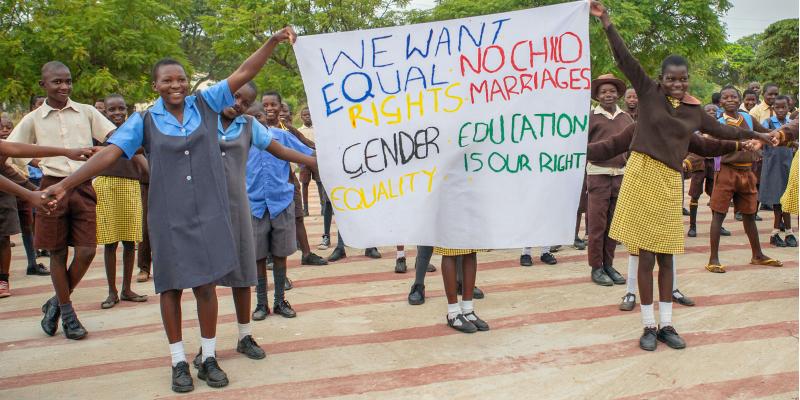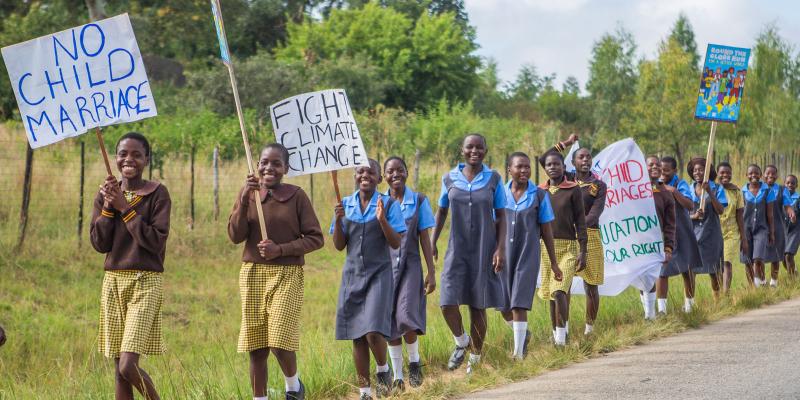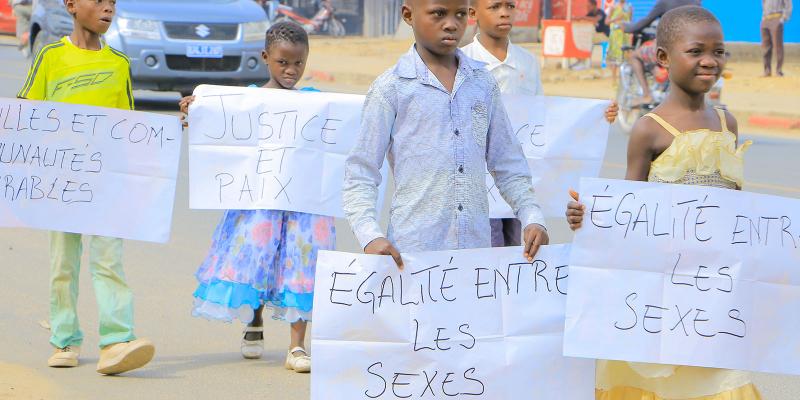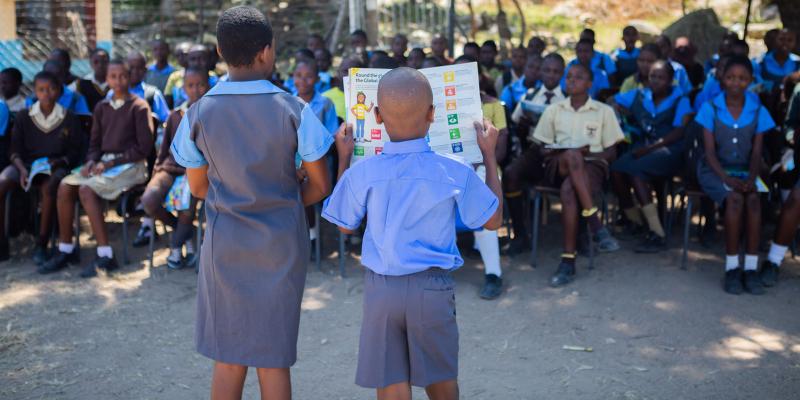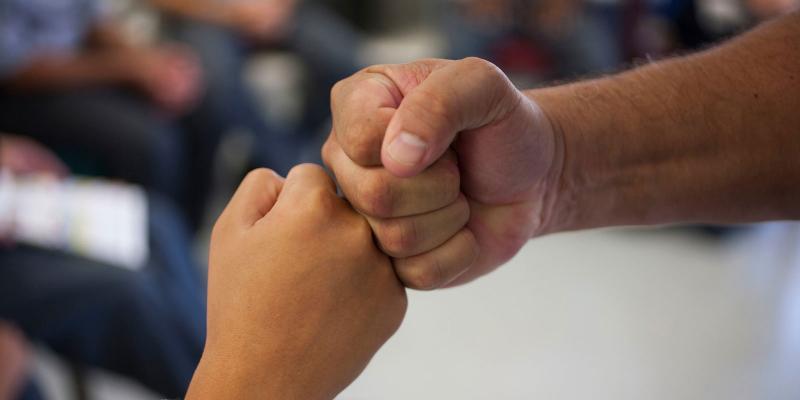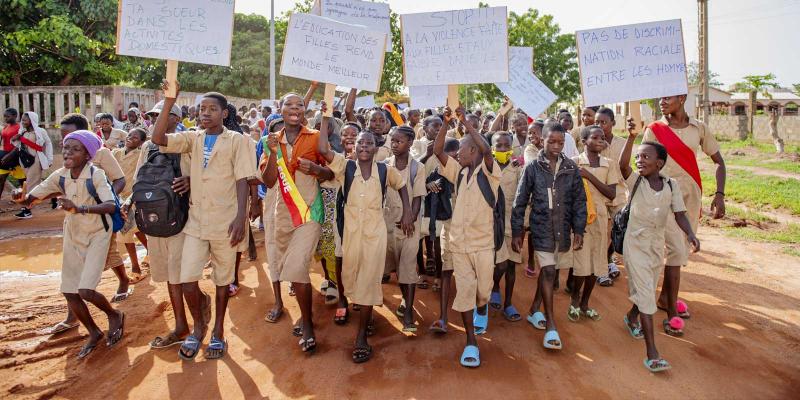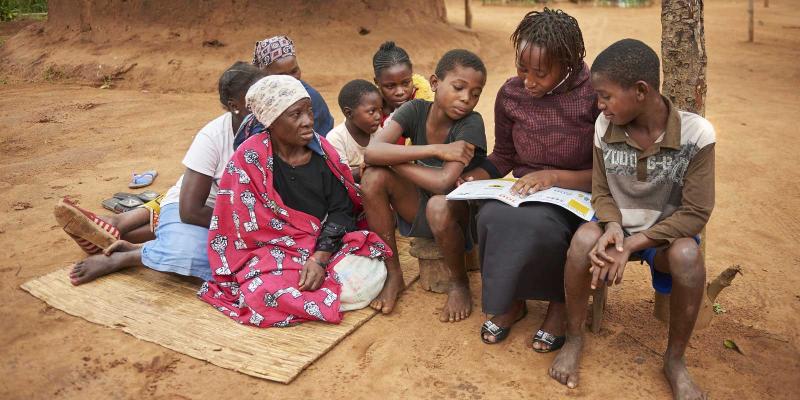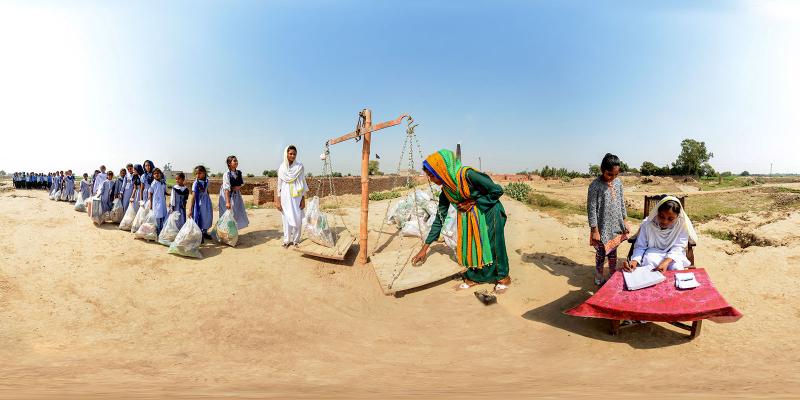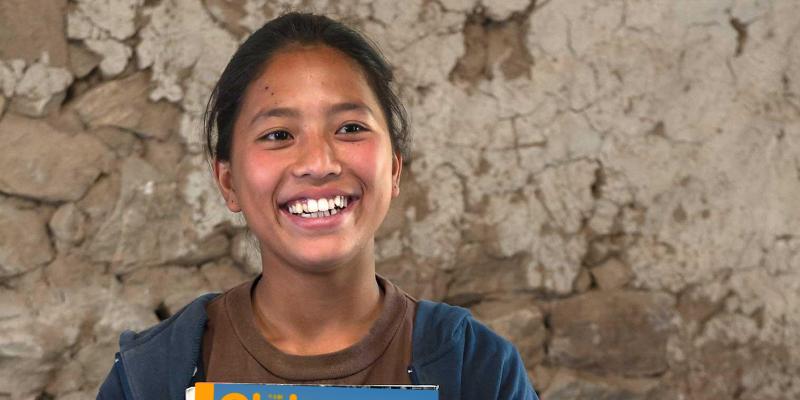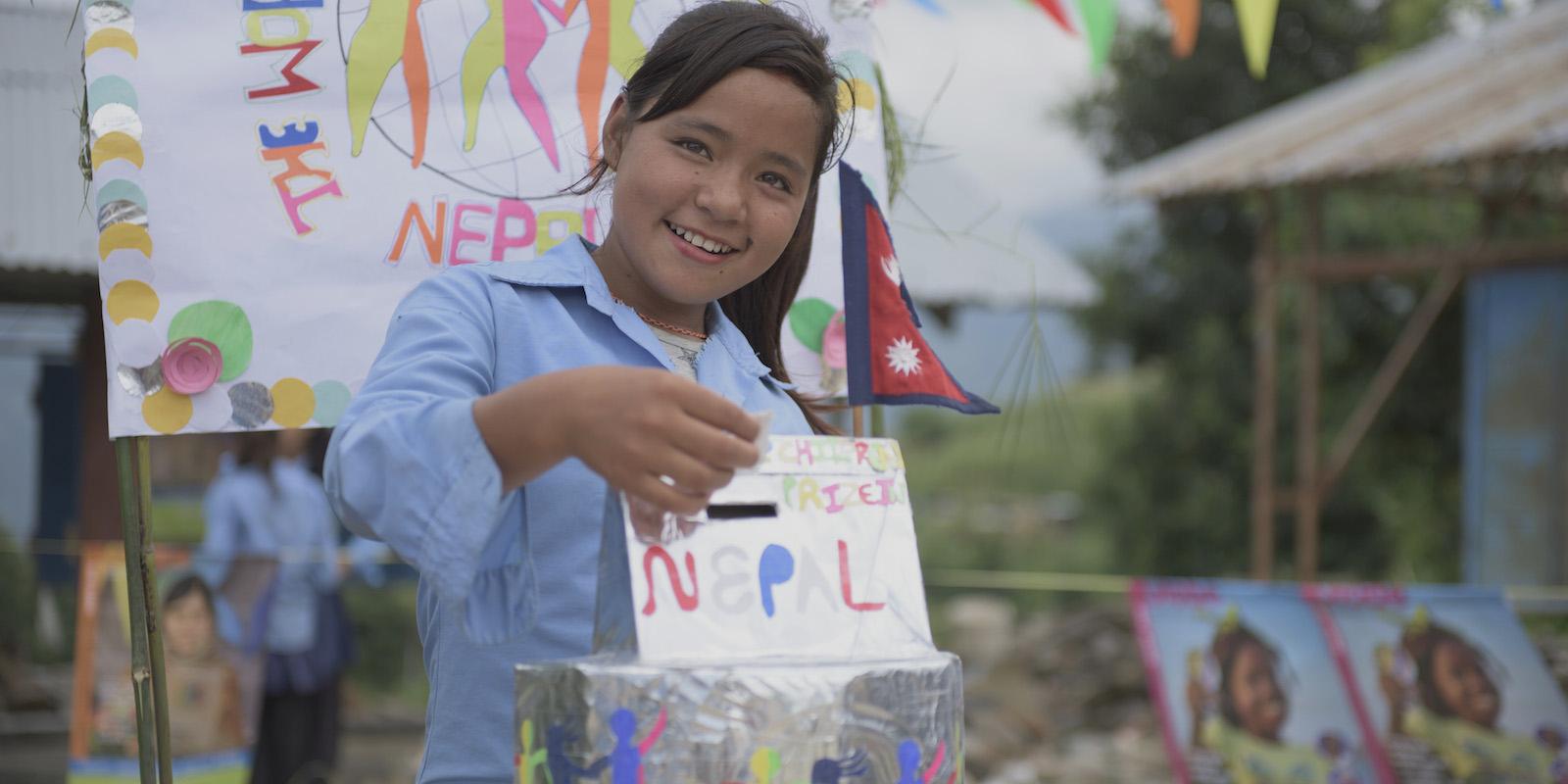
Democracy
Study democracy and run election campaigns. Later, you will organize your own Global Vote.
Give examples of how adult elections
can sometimes be manipulated:
powerful people may try to influence
how regular people vote, by offering
money or threatening them with
violence.
Tell the pupils that the outcome of
political elections is sometimes
affected by corruption and abuse of
power. Some countries hold elections
that claim to be democratic, but
where only one candidate or one party
can actually win.
Get the pupils to study good
and bad examples from the world
of adult elections. Discuss how they
themselves can conduct a fair election
campaign, in which all candidates
have the same amount of coverage
and where everyone has enough
information to make an informed
choice.
For example, all pupils
must know enough about the Child
Rights Heroes ahead of the World’s
Children’s Prize Global Vote Day to
make an informed choice.
Run an election campaign
Get pupils to run their own election campaign. They can work individually and in groups and make flyers, election posters and maybe material on social media. They can write, draw and paint, give speeches, discuss and reflect on key issues.
Prepare for Global Vote day
Talk about the Global Vote and about how it usually works. Read one of the accounts about Global Vote Days around the world out loud. You will find stories here and in The Globe, and short videos here.Work in pairs or groups
Get the pupils to work in pairs/small groups on different tasks to prepare for election day. Some can make the ballot boxes or the voting booths, while others decorate the voting station, cut out ballot papers, draw up election registers, etc. If you want to invite parents, local leaders and/ or local media to your election day, that can be the job of another group. There’s plenty of inspiration in The Globe and online!Topics
Related documents
| The Globe | ||
| Ballot papers | ||
| History of democracy |
Related stories
WORLD'S CHILDRENS PRIZE FOUNDATION
Långgatan 13, 647 30, Mariefred, Sweden
Phone: +46-159-129 00 • info@worldschildrensprize.org
© 2020 World’s Children’s Prize Foundation. All rights reserved. WORLD'S CHILDREN'S PRIZE®, the Foundation's logo, WORLD'S CHILDREN'S PRIZE FOR THE RIGHTS OF THE CHILD®, WORLD'S CHILDREN'S PARLIAMENT®, WORLD'S CHILDREN'S OMBUDSMAN®, WORLD'S CHILDREN'S PRESS CONFERENCE® and YOU ME EQUAL RIGHTS are service marks of the Foundation.


x
x
x

